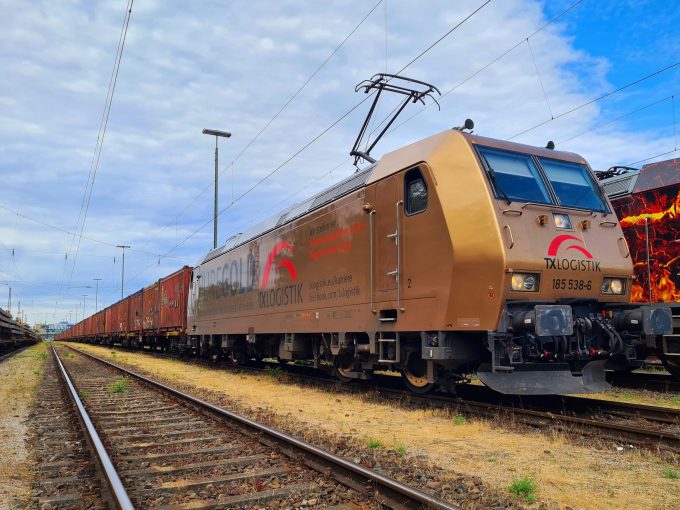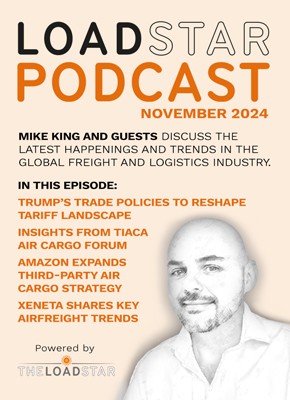
PRESS RELEASE
Troisdorf, 18 September 2023 – TX Logistik AG has recorded a significant demand for international waste transports by rail in the course of business so far in 2023.
By the end of the year, the rail logistics company, which belongs to Mercitalia Logistics (Gruppo
FS Italiane), expects transports to triple to up to 850 trains per year.
TX Logistik has succeeded in shifting numerous waste transports from road to rail, especially on routes of the European North-South corridor.
Among other things, the company transports urban waste cross-border to recycling centres in several European countries. With the recent acquisition of the rail freight company Exploris Deutschland Holding, there are also new opportunities and capacities for such transports, as Exploris is mainly focused on rail freight transports in the conventional transport segment.
At an early stage, TX Logistik specialised in the transport of waste from various industries in its Rail Freight division. The Troisdorf-based company has been certified as a specialist waste management company for the transport of such waste since 2002. The most recent repeat audit, in which TX Logistik was certified as permanently meeting the high quality requirements for the transport of hazardous and non-hazardous waste by rail in Europe, was successfully completed in August 2023.
According to the ordinance for specialised waste management companies under the Closed Substance Cycle and Waste Management Act (Kreislaufwirtschafts- und Abfallgesetz), the certificate requires
regular proof of staff expertise, the technical requirements for proper transport, complete document and data management, as well as legal compliance and insurance cover.
Employee training and further education are particularly important in this context, because a large number of environmental requirements and transport regulations must be observed when transporting waste across borders. Shifting waste disposal to rail also benefits the environment.
A freight train causes only about a quarter as much CO2 per tonne-kilometre as a truck. This has an even greater effect the longer the route and the larger the quantities transported. Therefore, rail freight transport makes a decisive contribution to reducing carbon dioxide emissions.



